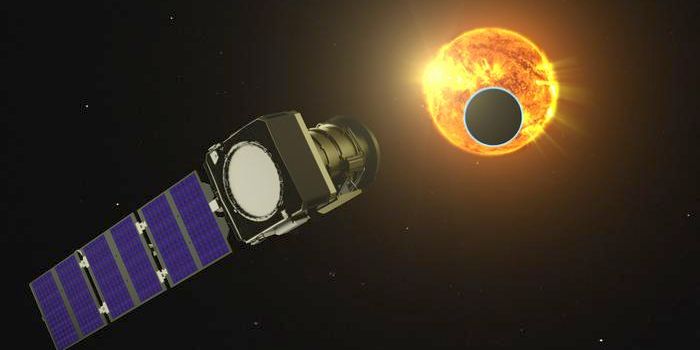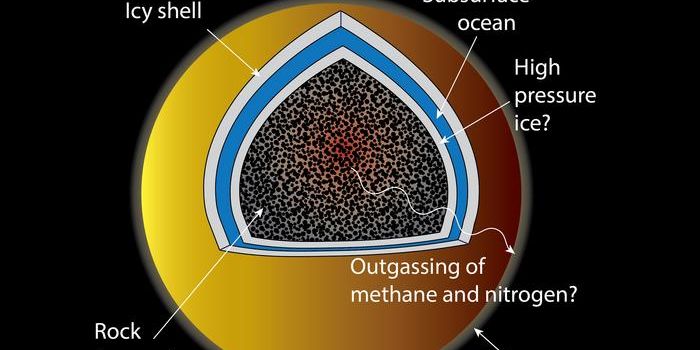What will be the future of the North Atlantic Current?
A study published recently in Scientific Reports predicts the fate of the North Atlantic Current. The current is responsible for moving warm water from the Gulf of Mexico in the direction of European shores, resulting in much of north-western Europe’s mild climate. However, according to this research, simulations of ocean currents under climate change conditions forecast a temporary shift in the North Atlantic Current (NAC) within the next century.
The study was conducted by scientists from the University of Groningen and Utrecht University. Fred Wubs, an associate professor in Numerical Mathematics at Groningen, and his Utrecht colleague, Henk Dijkstr, have studied ocean currents for nearly two decades. They say, “The oceans store an immense amount of energy and the ocean currents have a strong effect on the Earth's climate.”
Using a box model that simulates present-day large-scale processes in the ocean, the researchers aimed to estimate the likelihood that small fluctuations in freshwater input could trigger a temporary slowing down or even total collapse of the NAC. Following these analyses, they determined that “These simulations showed that the chances of a total collapse of the North Atlantic Current within the next thousand years are negligible,” says Wubs.
So, while the study’s findings suggest that it is unlikely that the NAC will stop completely, they also determined that there is a 15% chance that there will be a temporary change in the current within the coming 100 years due to meltwater from Greenland and excessive rainfall.
What would the effects of such changes look like? Predictably, shifts in the NAC would bring about cold spells in the North Atlantic, say the investigators, while cautioning that this field still requires verification in further studies. The researcher plan to continue furthering their knowledge of the current, offering a disclaimer that their current model does not consider sizeable changes in freshwater in the North Atlantic. Wubs concluded, “Confirming our results through simulation with a high-resolution climate model will be the next challenge.”
Sources: Scientific Reports, Science Daily









